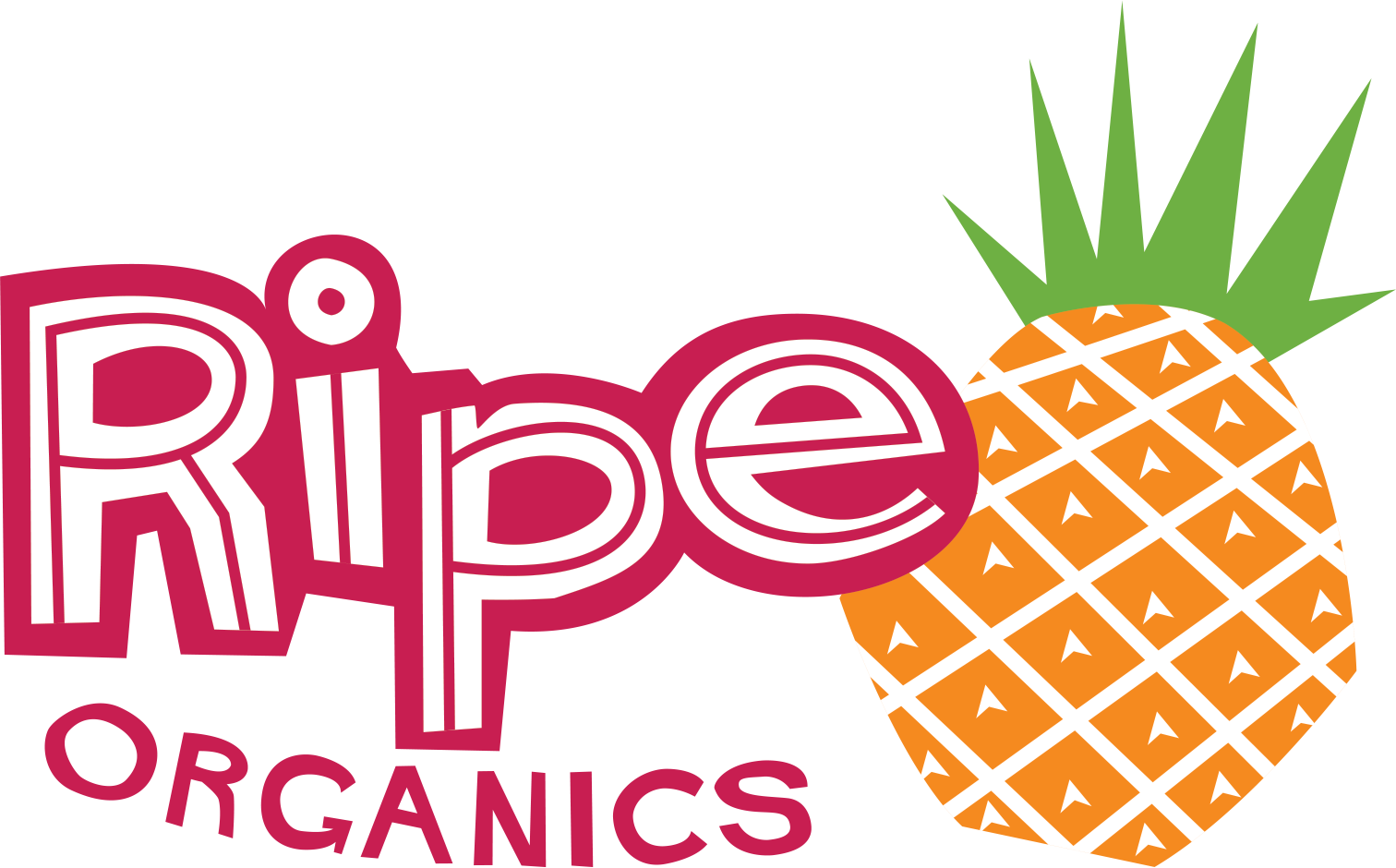FAQs
What Is The Difference Between Organic And Bio Dynamic?
Crops that are certified Organic are grown without the use of artificial fertilisers or synthetic chemicals (pesticides/herbicides). Organic standards do not allow any Genetic Modification (GMOs/GE) or food irradiation. Organic Farming methods are dependent on a scientific understanding of ecology and soil science, and use methods such as crop rotation to ensure fertility and help with weed control. Organic Farmers cultivate a healthy, balanced, living soil from which their crops grow, and they place a strong emphasis on sustainability, nutrition and animal welfare.
In addition to these practices, Bio-dynamic Farmers practise a specialised holistic form of Organic farming which has been developed over the past century. Bio-dynamic practises employ energising herbal compost preparations and utilise the lunar calender to determine when to sow seeds and harvest. Bio-dynamic farms aim to be self-sustaining, maintaining and developing the vitality of soil, plant, and animal health, recognising the essential links between them.
Where Is Your Produce Grown?
How Do I Know It Is Really Organic?
The stringent standards required for produce to be “Certified Organic” regulate growing and handling methods at all levels, from the farm to the customer. Organic Certification in Australia is to internationally reognised standards, and quality is assured through annual audits and random checks. Every box of produce that we get from our organic and biodynamic suppliers has a certification number on it to ensure this standard.
Certification bodies include NAASA, BFA, OHG, and DEMETER (bio-dynamic). All of the produce at Ripe is certified Organic or Bio-dynamic. With packaged foods, such as tofu, milk or dry grocery items, look for the certification. At Ripe we only stock Certified Organic Products, to guarantee this standard.

